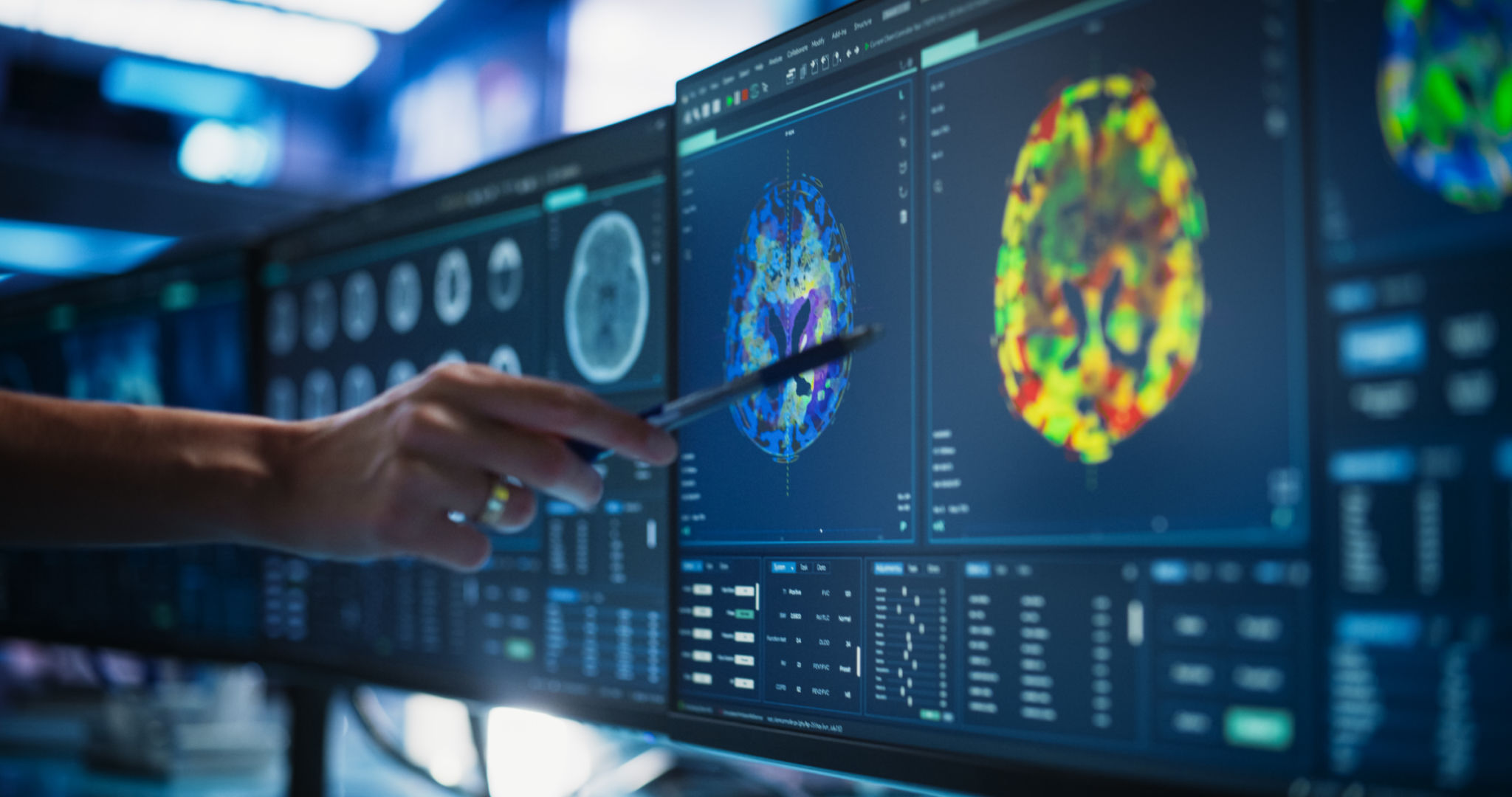Comprehensive Guide to Magnetic Resonance Imaging in El Paso
Understanding Magnetic Resonance Imaging (MRI)
Magnetic Resonance Imaging, commonly known as MRI, is a non-invasive diagnostic tool used in the medical field to create detailed images of the organs and tissues in the body. This imaging technique uses powerful magnets and radio waves, eliminating the need for radiation like X-rays or CT scans. In El Paso, MRI technology is readily available and plays a crucial role in diagnosing various health conditions.
MRI is particularly effective in examining soft tissues, such as the brain, muscles, heart, and cancers. It provides high-resolution images that help physicians detect abnormalities, monitor treatments, and guide surgical procedures. This capability makes MRI an indispensable tool in modern medicine.

How MRI Works
The process of MRI involves placing the patient inside a large magnet. The magnetic field aligns the protons in the body's hydrogen atoms. Radiofrequency pulses are then sent through the body, knocking these protons out of alignment. As the protons realign with the magnetic field, they emit signals that are captured and processed by a computer to form images.
The entire process is painless and typically takes between 30 minutes to an hour. The MRI machine can be noisy, but patients are usually provided with ear protection or music to make the experience more comfortable.
Types of MRI Scans
There are several types of MRI scans tailored for specific diagnostic purposes:
- Functional MRI (fMRI): Assesses brain activity by detecting changes in blood flow.
- Cardiac MRI: Evaluates heart structures and function.
- MRI Angiography (MRA): Visualizes blood vessels.

Preparing for an MRI in El Paso
Before undergoing an MRI, patients in El Paso are generally advised to follow specific preparation guidelines. These may include wearing comfortable clothing without metal components, removing jewelry, and informing the technician of any metal implants or medical devices such as pacemakers. Some scans may require fasting or the use of contrast agents to enhance image clarity.
The medical team will provide personalized instructions based on the type of MRI scan being conducted. It's important to communicate any concerns or claustrophobia to the technologist beforehand.

The Benefits of MRI
MRI offers several advantages over other imaging techniques. Its ability to produce three-dimensional images without radiation exposure makes it a safer option for repeated use. Additionally, MRI's precise imaging capabilities allow for early detection of diseases, improving treatment outcomes significantly.
In El Paso, access to advanced MRI technology ensures that residents receive accurate diagnoses and effective healthcare services. Many facilities offer state-of-the-art equipment operated by experienced technicians and radiologists.
Common Uses of MRI
MRI is widely used in various medical fields, including:
- Neurology: For diagnosing conditions like multiple sclerosis and brain tumors.
- Orthopedics: To evaluate joint injuries and spinal conditions.
- Oncology: For detecting and monitoring cancerous growths.
The versatility and accuracy of MRI make it an essential component of comprehensive healthcare in El Paso. By providing detailed insights into bodily structures and functions, it helps healthcare providers deliver optimal care to their patients.
